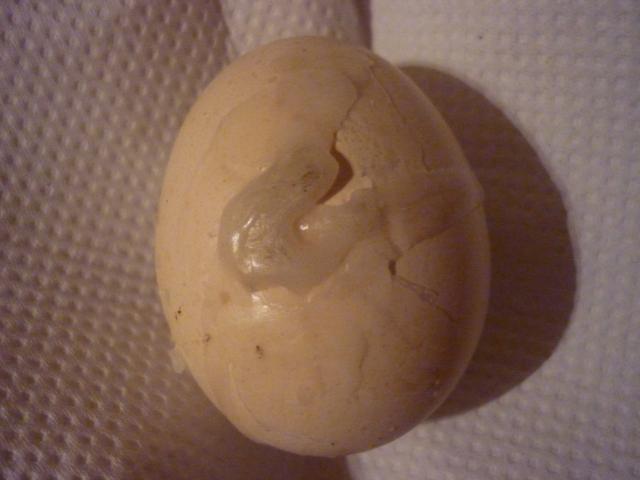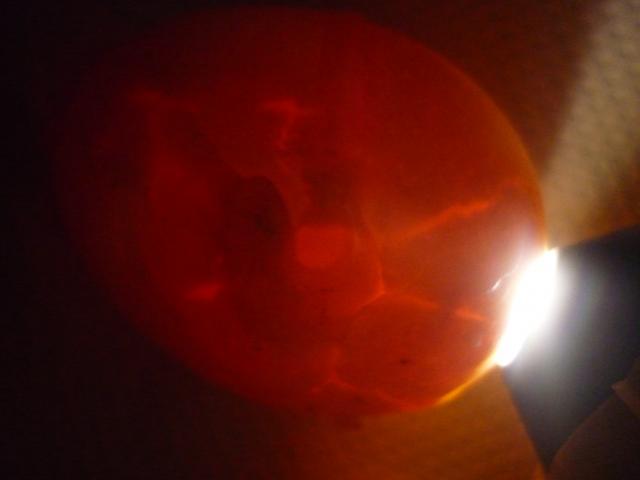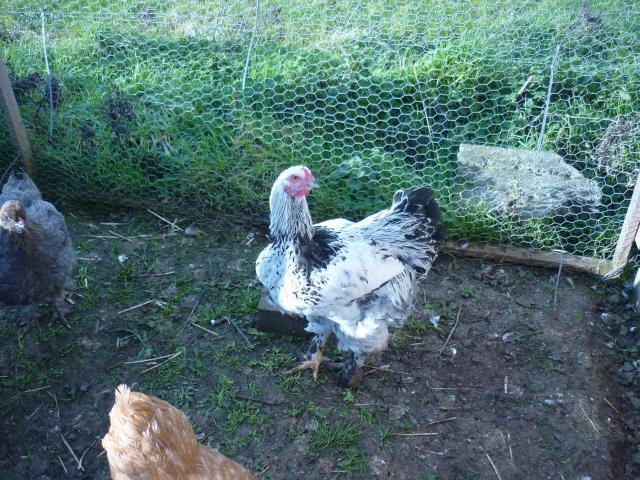- Thread starter
- #130
BlacksheepCardigans
Songster
Yes, I have to agree. If they're that filthy, washing may give you a bit of an edge but it's not going to solve your problem.
Can you put the nest boxes far back in the coop and make sure they're walking through six or eight feet of clean dry shavings before getting to them? Or can you add something to the yard to give them a chance to get out of the mud?
Can you put the nest boxes far back in the coop and make sure they're walking through six or eight feet of clean dry shavings before getting to them? Or can you add something to the yard to give them a chance to get out of the mud?





